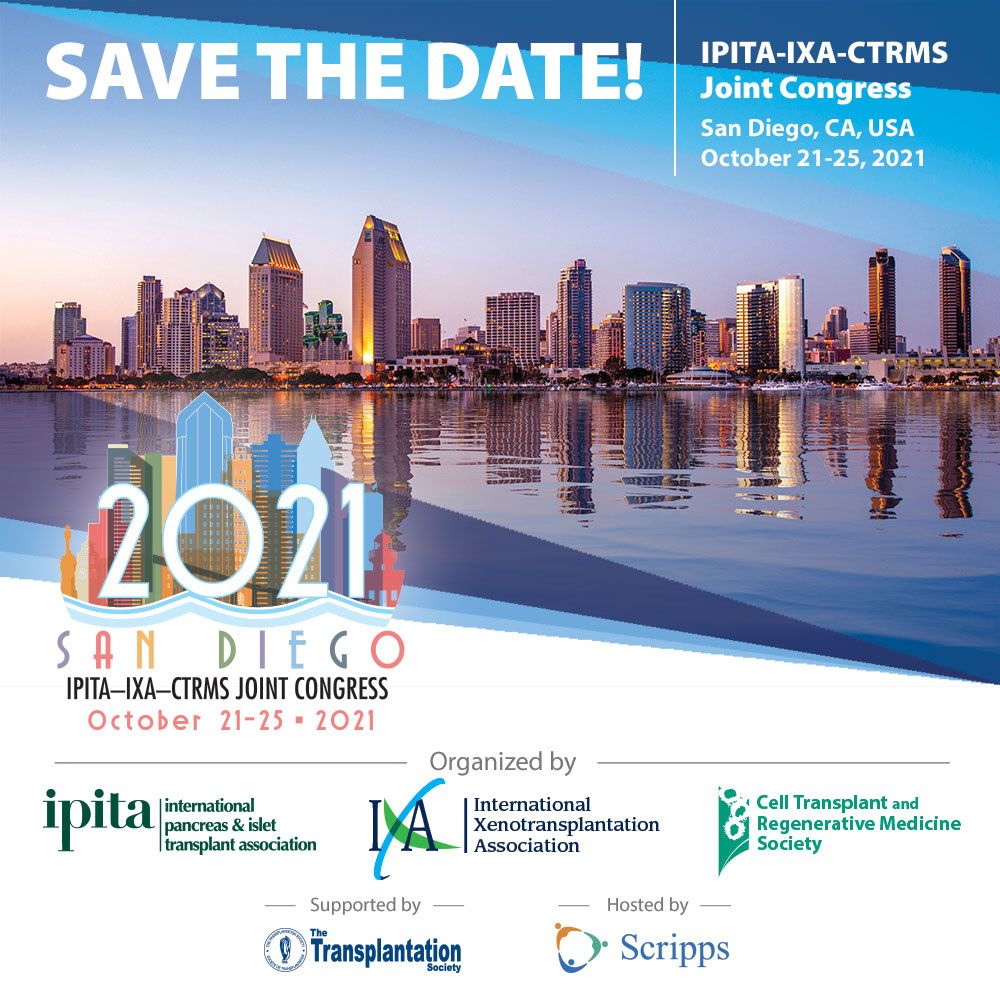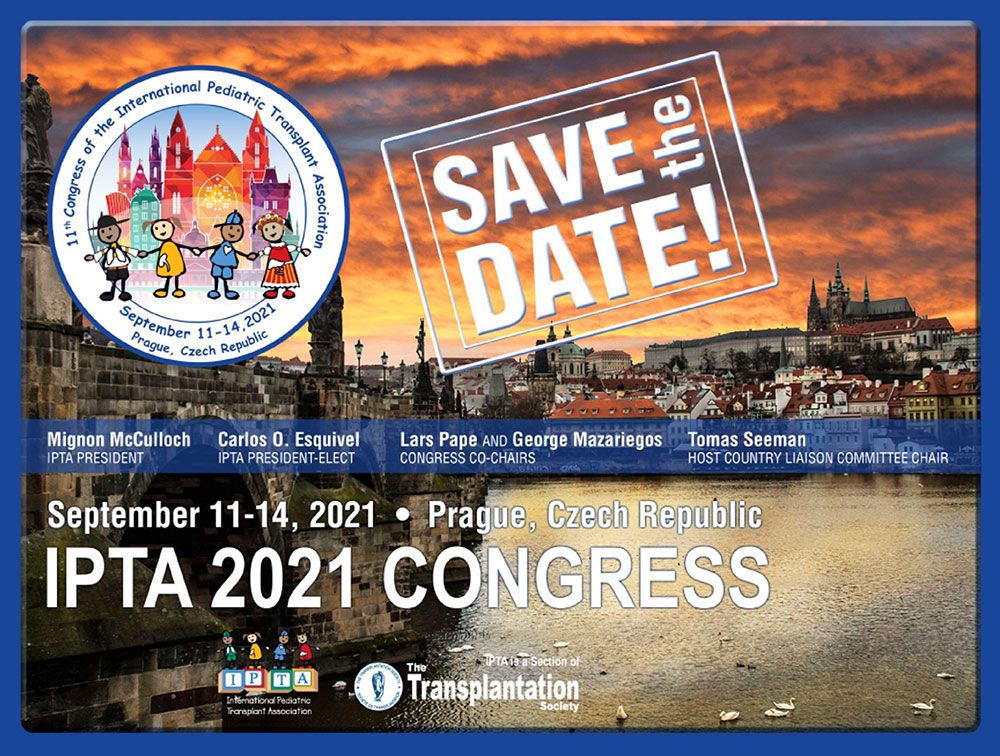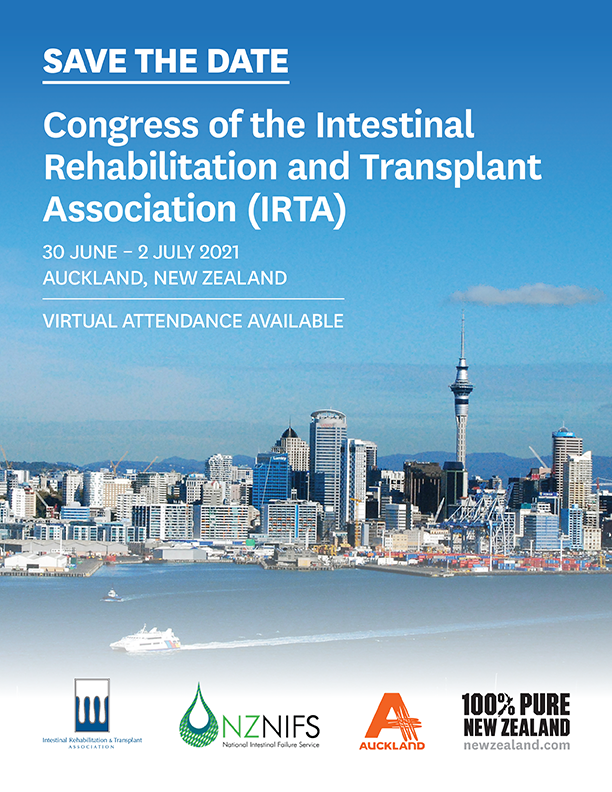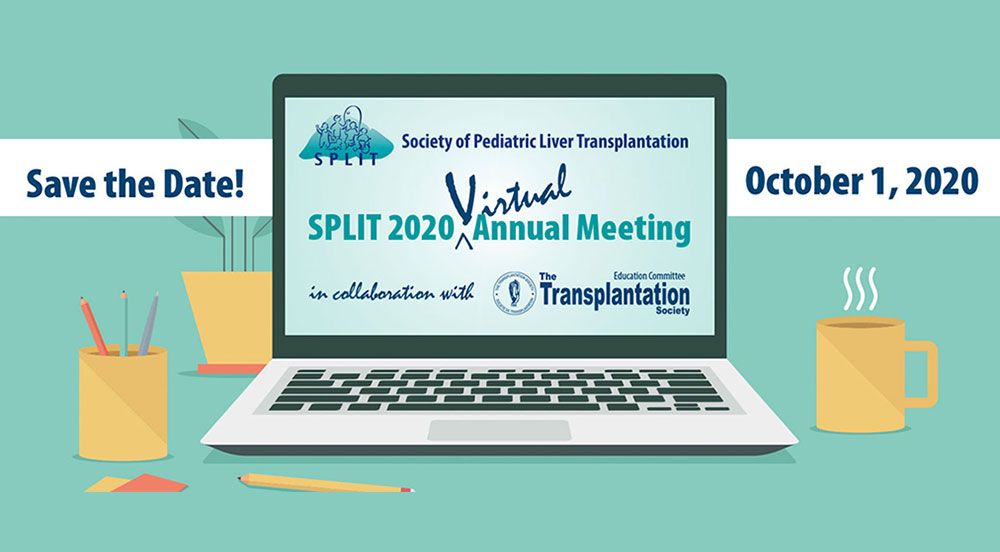Sections Corner
Official Sections of TTS

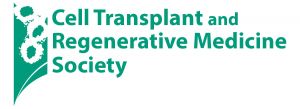
The Cell Transplant and Regenerative Medicine Society exists to be the leader in developing and translating, safe cellular and regenerative therapies to patients. The Society will promote research, collaboration and focus on regulatory matters, as they relate to clinical translation.
Objectives:- The Society shall promote and encourage education and research with respect to cellular transplantation and regenerative medicine.
- The Society shall collaborate with existing public and private organizations to promote and encourage education and research in cellular transplantation and regenerative medicine and will participate and assist in the coordination of efforts or formulation of research and clinical programs.

The International Pancreas and Islet Transplantation Association aims to serve the pancreas and islet transplant scientific community in providing a forum for the open exchange of knowledge and expertise in order to facilitate the advancement of the clinical practice of pancreas and islet transplantation for the treatment of human diabetes.
Aims of the Association:- To promote and encourage research and training relevant to transplantation of insulin producing tissue in the treatment and cure of diabetes mellitus.
- To provide a scientific forum for the exchange and discussion of clinical and experimental results and experiences relevant to transplantation of insulin producing tissue in the treatment and cure of diabetes mellitus.
- To promote and encourage contacts between clinical and experimental researchers from different institutions and from all pertinent disciplines.
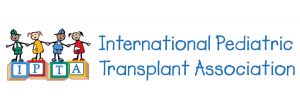
Promoting the advancement of the science and practice of transplantation in children worldwide
The International Pediatric Transplant Association (IPTA) is a professional organization of individuals in the field of pediatric transplantation. The purpose of the Association is to advance the science and practice of pediatric transplantation worldwide in order to improve the health of all children who require such treatment. The Association is dedicated to promoting technical and scientific advances in pediatric transplantation and to advocating for the rights of all children who need transplantation.
Goals:- Promote the advancement of the science and practice of transplantation in children worldwide
- Promote research and provide a forum that highlights the most recent advances in clinical and basic sciences related to pediatric transplantation
- 3. Serve as a unified voice for the special needs of pediatric transplant recipients
- Develop educational programs for pediatric transplant professionals in underserved regions of the world that enable children to have access to transplantation globally
- Become the international leader in generating and disseminating information in the field of pediatric transplantation through the publication of our journal, Pediatric Transplantation
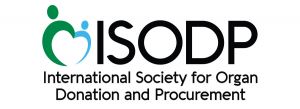
Founding members were interested in issues related to donation, procurement, preservation and transplantation and included Drs. Felix T. Rapaport (USA), Luis Toledo-Pereyra (USA), Raffaello Cortesini (Italy), G. Koostra (Netherlands), Oscar Salvatierra (USA), and Joseph Lloveras (Spain).
Mission:
The International Society for Donation and Transplantation is the organization advancing donation through science, developing professionals and inspiring networks supporting organ donation to improve organ transplantation worldwide.
Vision:
The practice of legitimate organ donation will continue to advance world wide until transplant waitlists are decreased substantially or eliminated.
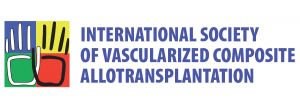
Excellence in education, research, and advocacy of vascularized composite allotransplantation.
The objectives of the Society are:- To promote and encourage research and training relevant to the transplantation of vascularized peripheral tissues as a functional unit (a.k.a. composite tissue allotransplantation (CTA) or vascularized composite allografts (VCA)).
- To provide a scientific forum for the exchange and discussion of clinical and experimental results and experiences relevant to transplantation of composite tissue allotransplantation or vascularized composite allotransplantation.
- To promote and encourage contacts between clinical and experimental researchers from different institutions all pertinent disciplines irrespective of their country of origin.
- To promote and facilitate support in the planning and execution of collaborative studies, and pursue collaboration with other associations, societies, and/or organizations serving similar purposes.
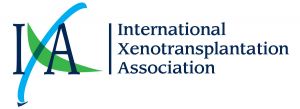
Excellence in education, research, and advocacy of vascularized composite allotransplantation.
The objectives of the Society are:- To promote and encourage research and training relevant to the transplantation of vascularized peripheral tissues as a functional unit (a.k.a. composite tissue allotransplantation (CTA) or vascularized composite allografts (VCA)).
- To provide a scientific forum for the exchange and discussion of clinical and experimental results and experiences relevant to transplantation of composite tissue allotransplantation or vascularized composite allotransplantation.
- To promote and encourage contacts between clinical and experimental researchers from different institutions all pertinent disciplines irrespective of their country of origin.
- To promote and facilitate support in the planning and execution of collaborative studies, and pursue collaboration with other associations, societies, and/or organizations serving similar purposes.
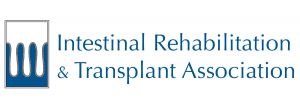
- Excellent physical and emotional health for all people with intestinal failure through rehabilitation and transplantation. Mission
- Optimize the lives of intestinal failure patients worldwide through innovative nutritional, medical, psychosocial, surgical and transplant research and therapies.
- Maintain global leadership through a multidisciplinary approach to intestinal failure, rehabilitation and transplantation.
- Advance the support for all professionals working in the field of intestinal transplantation and rehabilitation with regard to education, policy, research and advocacy.
- Excellence: Promoting innovative clinical, basic and translational science through multidisciplinary teamwork.
- Collaboration: Working closely with patients, IRTA members, scientific societies, health organizations, and governments.
- Advocacy: supporting the patient’s voice in speaking as a unified influence in issues of concern to the IF and Intestinal transplant community.
- Integrity: Acting on the highest standards of ethical practice.
- Enhance communication and organizational effectiveness by using the TTS administrative support to hold quarterly Council meetings, organize biannual symposium, periodic newsletters, and other scientific activities.
- Create a community of practice through development of clinical practical guidelines and educational materials.
- Facilitate research by creating a repository of information and fostering proposals to enhance the scientific and academic mission of the Intestinal Transplant Registry (ITR).
- Increase membership by outreach to other relevant scientific communities including gastrointestinal associations, transplant societies, and other allied health and patient advocacy organizations.
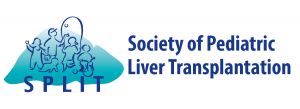
Started in 1995 as “Studies” of Pediatric Liver Transplantation, the SPLIT mission steadfastly remains to improve the outcomes in children receiving liver transplantation via research, quality improvement, education, training, mentorship and patient advocacy. Over the past decade, SPLIT has continued to grow in scope and membership, but remains constant with the unwavering vision to be the voice for children requiring liver transplantation. In 2018, SPLIT incorporated, formally changed its name to “Society” of Pediatric Liver Transplantation (allowing retention of our longstanding SPLIT acronym), acquired tax-exempt status (501c(3)), and became the newest Section of The Transplantation Society.
SPLIT is currently comprised of over 40 pediatric liver transplant centers from the United States and Canada, as well as three sites from Australia, India and Saudi Arabia. The SPLIT Executive Committee (comprised of SPLIT President, Past-President, President-Elect, and Treasurer along with SPLIT data coordinating center and TTS liaison representatives) oversees all SPLIT activities and finances. We have a vibrant list of active SPLIT committees (Advocacy, Research, Registry, Education, Allied Health Professionals, Quality Improvement and Clinical Care, and PFEP (Parents, Families, and Engaged Partners)), with Chairs represented on our SPLIT Council.

History:
On May 27, 1999, the Council of The Transplantation Society, meeting in Rome, voted unanimously to establish the Section on Infectious Disease within The Transplantation Society. The Transplant Infectious Disease Section of the TTS held their first meeting in 2004 in Vienna, Austria. The Section continues to hold meetings annually in advance of other international transplant and infectious disease meetings.
Mission:
The mission of the Transplant Infectious Disease Section is to promote research and education in the prevention, diagnosis, clinical consequences, and management of the infectious disease problems of the transplant recipient.
